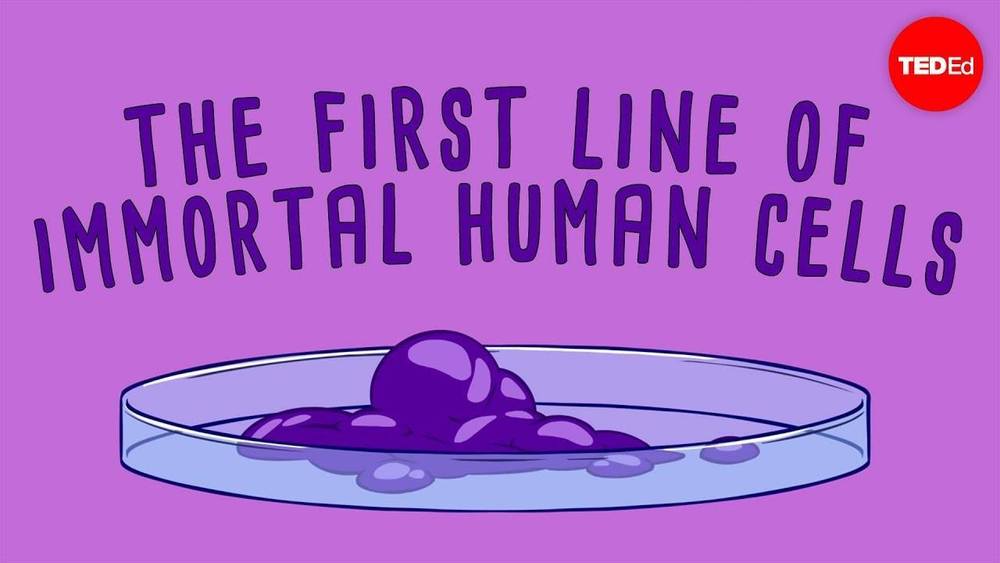A solid clarification article in a major newspaper where I point out that the transhumanism movement is vastly different than how Epstein interpreted in in 2011. Transhumanists need to speak up about what their vision of transhumanism is so others and media know what it really is about.
The revelation that convicted sex offender Jeffrey Epstein planned to impregnate 20 women with his sperm in a “DNA seeding” centre left the world feeling sick. But for patrons of a small, but growing, political movement it caused utter chaos.
“This is the largest media coverage we have ever experienced,” says Zoltan Istvan, former presidential candidate and founder of the Transhumanist Party. “But this is the worst type of coverage. Lots of damage control is being done right now.”
The father-of-two has spent the morning taking telephone calls and sending emails to fellow “leaders” of the movement to try and work out some form of publicity crisis management strategy.







